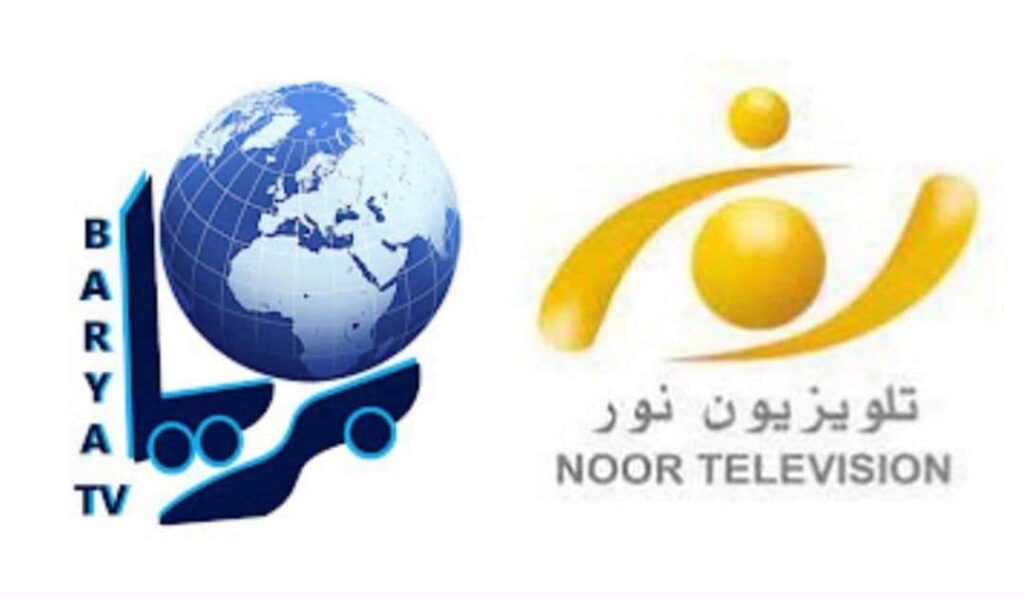Kabul (Kubha News)—The Taliban administration in Afghanistan has announced the suspension of broadcasting for two TV channels, “Noor” and “Barya,” citing alleged violations of national and Islamic values.
The decision, made by the Media Complaints and Rights Violations Commission under the Ministry of Information and Culture, follows accusations of ethnic bias and content contrary to national interests.
According to the officials, the commission referred the cases of both channels to the court, pending a final decision. Until then, the broadcasting of “Noor” and “Barya” will cease. The commission accused the channels of promoting ethnic prejudices and running programs deemed incompatible with national and Islamic principles.
Members of the commission stated that the decision to halt broadcasts stemmed from the channels’ failure to adhere to journalistic standards and their alleged promotion of divisive content.
“Barya” is associated with the Hizb-e-Islami party led by Gulbodin Hekmatyar, while “Noor” is affiliated with the Jamiat-e-Islami party led by Salahuddin Rabbani, reflecting long-standing political tensions between the two groups.
Hamid Obaidi, head of the Afghanistan Journalists Support Organization (AJSO), informed Kuba News that the Taliban’s recent decree carries political implications. Last week, the Taliban administration declared a prohibition on political party operations within Afghanistan.
“It seems the Taliban are unwilling to tolerate media outlets aligned with political parties. This decision appears to be politically motivated. In addition to curtailing political party activities, they are also imposing restrictions or outright bans on political media operations,” Obidi remarked.
Recently, the Taliban shuttered the office, hospital, and various activities associated with Hizb-e-Islami, led by Golbudin Hekmatyar. Their Minister of Justice declared the cancellation of all political parties, warning that any continuation of their activities would be deemed criminal.
Ahmadzia Bumia, one of the officials of the Federation of Afghan Journalists in exile (FAJE), highlights that when political party activities are halted, their media operations are also affected under party law. However, he points out the ambiguity regarding how the Taliban courts will adjudicate on party media, given the abolition of the party law.
The Taliban’s actions have raised concerns among media analysts, who fear that the targeting of politically aligned channels could signal a broader crackdown on freedom of the press in Afghanistan.
